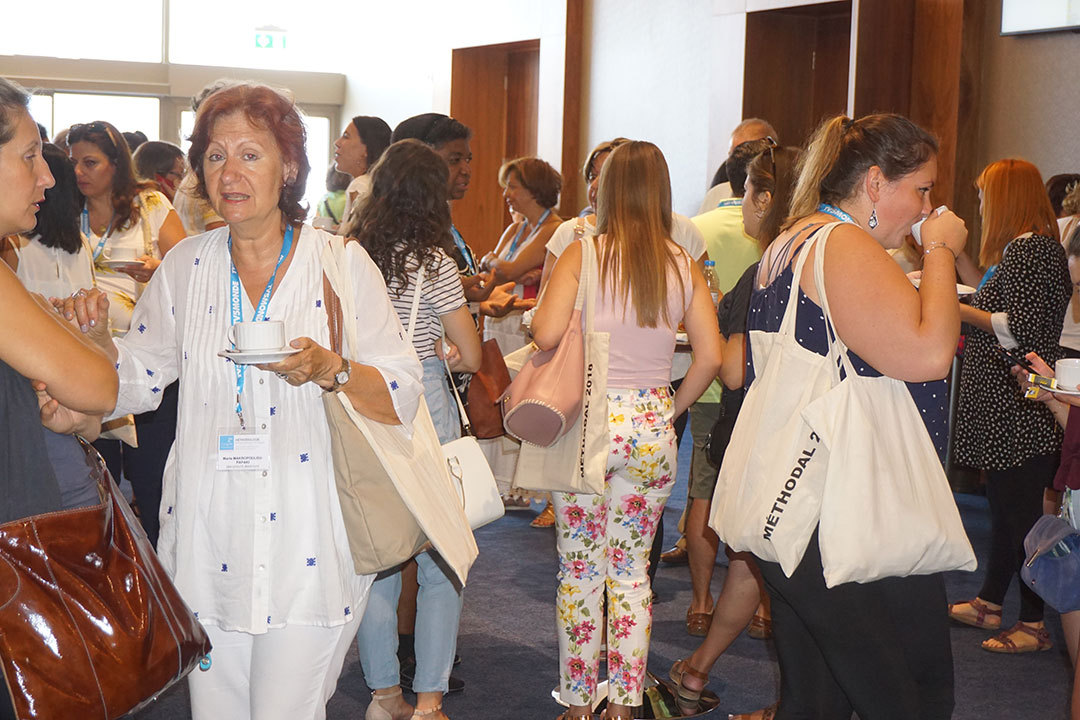The impact of a practicum on mentor-teachers’ teaching practices and beliefs
Over the years considerable attention has been paid to the advantages experienced by the mentor-teachers who participate in a practicum program. An enhancement of their professional attributes such as recognition, career satisfaction, self-confidence augmentation and organizational commitment has been long documented (Ghosh & Reio, 2013; Tong & Kram, 2013). Nonetheless, few studies have investigated the benefits acquired by mentors from a practical point of view, that is, their skills, practices, and beliefs. The impetus of the present paper was to expand this extremely limited number of studies by investigating various teaching parameters that can be influenced by mentor-teachers’ participation in a practicum program.
In our study, sixty-nine mentor teachers who have been participating in a preservice teaching practice program organised by the School of English at the Aristotle University of Thessaloniki replied to a questionnaire that sought to unravel the participants’ inner thought regarding the influence that the program had on their beliefs and practices regarding teaching and education. As part of this study, semi-structured interviews were carried out with some mentors as well as some student teachers.
The findings brought to light that as part of aiming at a continuous, life-long professional learning, mentor teachers validate the teaching experience gained over the years, expand their career’s attributes, enhance their teaching repertoire with innovative and differentiated materials and strategies, question and alter their beliefs and teaching methods, become more self-reflective and knowledgeable about technology integration in class and lastly, create a lack of treadmill in class. In a nutshell, in-service teachers’ evaluation of teaching practices and beliefs results in the quality and efficiency of language learning and teaching in the ever-changing field of education.
